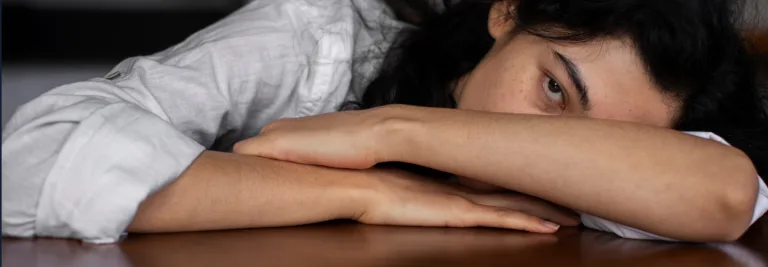It’s always difficult to get a consensus among medical experts, especially about a topic such as psychedelic medication, which is freighted with all sorts of cultural and legal significance. Having said that, from depression to addiction, these drugs really do offer hope for those with mental health disorders according to many authorities, such as says Itai Danovitch, MD, a professor and the chair of the department of psychiatry and behavioral neurosciences at Cedars-Sinai Medical Center. I feel that the majority of doctors now believe that these psychedelics, which have long existed on the periphery of society, offer real treatment options for millions of Americans who struggle with mental illness.
People ask me if I’d be prepared to use psychedelics in treatment as well as what psychedelics interest me in particular. I tell them I certainly consider psychedelics when reviewing treatment options for patients. Personally, I believe Ketamine can be of great benefit. Originally a dissociative anesthetic used medically (and often abused as a party drug) it holds out real hope for many who suffer from depression and other mental illnesses.
In additional news on this topic, a recent clinical trial found that talk therapy with MDMA was twice as effective in treating PTSD, compared with talk therapy alone. The possibility that MDMA in conjunction with talk therapy offers improved outcomes did not surprise me. We know that the most effective treatment for anxiety and depression is often a combination of talk therapy (or cognitive-behavioral therapy)
and antidepressant medications.
And we have also seen some recent progress treating alcoholism via psychedelic medication and talk therapy. The largest study of its kind from earlier this year showed that psilocybin, along with psychotherapy, assists patients with alcoholism. Undertaken by the Langone Center for Psychedelic Medicine at NYU, it really does offer hope for many people suffer from alcoholism. Over 80% of those who were given the psychedelic treatment had drastically reduced their drinking eight months after the study started, compared to just over 50% in the group given a placebo.





